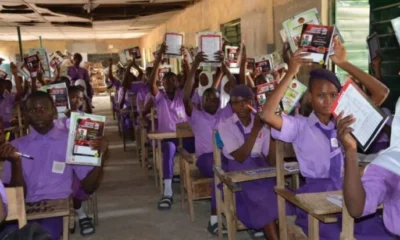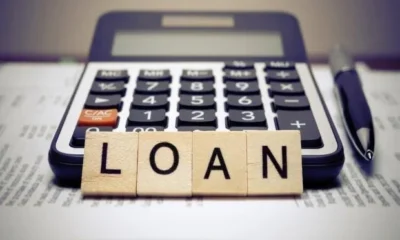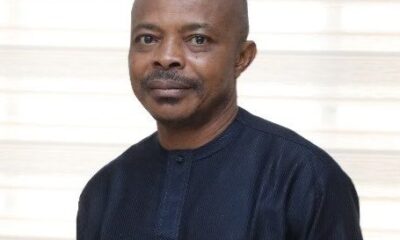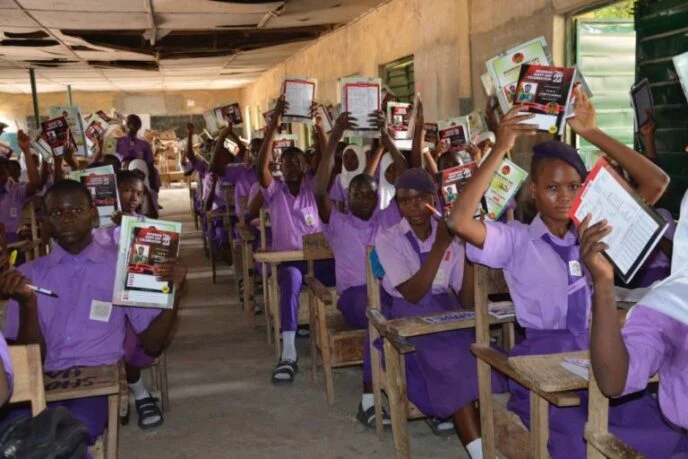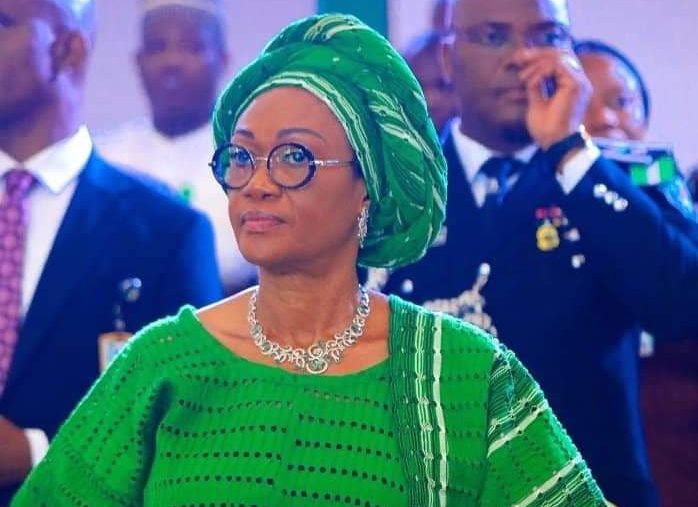Socio-Economic Rights and Accountability Project (SERAP) has urged President Muhammadu Buhari to “set up a presidential panel of enquiry to promptly probe the grim allegations that over 149 million barrels of crude oil are missing, as documented in the 2019 audited reports by the Auditor General of the Federation and Nigeria Extractive Industries Transparency Initiative (NEITI).”
SERAP also urged him to “ensure the effective prosecution of anyone suspected to be responsible for the plundering of the country’s oil wealth and the full recovery of any proceeds of crime.”
According to the 2019 audited report by the Auditor General over 107 million barrels of crude oil were lifted as domestic crude without any document or tracing. NEITI also reported missing 42.25 million barrels of crude oil in 2019.
In the letter dated 22 April 2023 and signed by SERAP deputy director Kolawole Oluwadare, the organisation said: “There is a legitimate public interest in ensuring justice and accountability for these very serious allegations.”
SERAP said, “the recommended steps can be taken between now and the end of your term of office to set the tone for the next administration.”
The letter, read in part: “SERAP notes that you have repeatedly promised to combat corruption. As you go into the final weeks of your term of office, the missing crude oil allegations present yet another opportunity to demonstrate your commitment and to uphold your oath of office both as President and Minister of Petroleum Resources.”
“As the President and substantive Minister of Petroleum Resources, you and your government should prioritise getting to the bottom of these allegations and use the remainder of your term of office to ensure justice and accountability for these serious crimes against the Nigerian people.”
“Investigating the allegations and naming and shaming and prosecuting those suspected to be responsible for the missing crude oil would serve the public interest and end the impunity of perpetrators.”
“We would be grateful if the recommended measures are taken within 7 days of the receipt and/or publication of this letter. If we have not heard from you by then, SERAP shall take all appropriate legal actions to compel your government to comply with our request in the public interest.”
“The allegations by both the Auditor-General and NEITI are different from a whistleblower’s claims that 48 million barrels of Bonny Light crude oil allegedly sold in China in 2015 are missing or unaccounted for.”
“The reports by the Auditor-General and NEITI suggest a grave violation of the Nigerian Constitution 1999 [as amended], and the country’s anticorruption laws and international obligations, as well as the public trust.”
“These damning revelations also suggest your government is failing to prevent and combat the plundering of Nigeria’s wealth and natural resources, name and bring suspected perpetrators to account and recover any proceeds of crime.”
“Poor and socio-economically vulnerable Nigerians have continued to pay the price for the stealing of the country’s oil wealth apparently by both state and non-state actors.”
“The country’s oil wealth ought to be used solely for the benefit of the Nigerian people, and for the sake of the present and future generations.”
“These allegations can promptly be investigated and suspected perpetrators named and shamed. Taking these steps would advance the right of Nigerians to restitution, compensation and guarantee of non-repetition and improve public confidence in the fight against corruption, and related crimes, especially in the oil sector.”
“According to the 2019 audited report by the Auditor General of the Federation (AGF), some 107,239,436.00 barrels of crude oil were lifted as domestic crude without any document or tracing.”
“To date, there is no information on the sale of Un-Utilized Crude oil by Refineries for 2019 and no information on crude oil allocations from 30th May to 31st December 2019. The Auditor-General is concerned that the missing crude oil may have been diverted.”
“The Nigeria Extractive Industries Transparency Initiative (NEITI) also reported missing 42.25 million barrels of crude oil in 2019.”
“Section 13 of the Nigerian Constitution imposes clear responsibility on your government to conform to, observe and apply the provisions of Chapter 2 of the Constitution. Section 15(5) imposes the responsibility on your government to ‘abolish all corrupt practices and abuse of power.’”
“Under Section 16(1) of the Constitution, your government has a responsibility to ‘secure the maximum welfare, freedom and happiness of every citizen on the basis of social justice and equality of status and opportunity.’ Section 16(2) further provides that, ‘the material resources of the nation are harnessed and distributed as best as possible to serve the common good.’”
“The UN Convention against Corruption and the African Union Convention on Preventing and Combating Corruption to which Nigeria is a state party obligate your government to effectively prevent and investigate the plundering of the country’s wealth and natural resources and hold public officials and non-state actors to account for any violations.”
“Specifically, article 26 of the UN convention requires your government to ensure ‘effective, proportionate and dissuasive sanctions’ including criminal and non-criminal sanctions, in cases of grand corruption.”
“Article 26 complements the more general requirement of article 30, paragraph 1, that sanctions must take into account the gravity of the corruption allegations.”
“The proposed panel should be headed by a retired justice of the Supreme Court or Court of Appeal, and its members should include people with proven professional record, and of the highest integrity that can act impartially, independently, and transparently.”
Credit: Channels TV

 BIG STORY17 hours ago
BIG STORY17 hours ago
 BIG STORY2 days ago
BIG STORY2 days ago
 BIG STORY4 days ago
BIG STORY4 days ago
 BIG STORY3 days ago
BIG STORY3 days ago
 BIG STORY17 hours ago
BIG STORY17 hours ago
 BIG STORY3 days ago
BIG STORY3 days ago
 BIG STORY3 days ago
BIG STORY3 days ago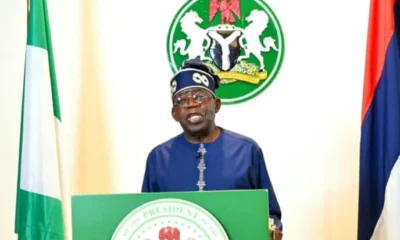
 BIG STORY14 hours ago
BIG STORY14 hours ago







